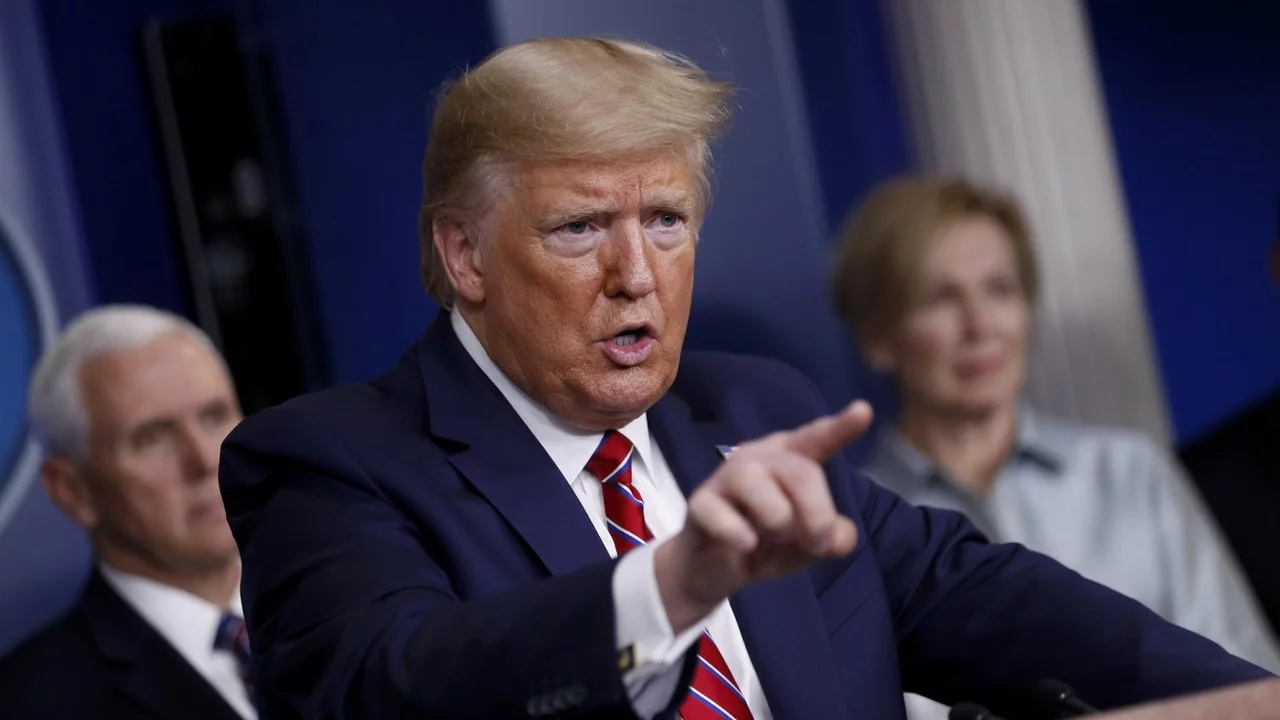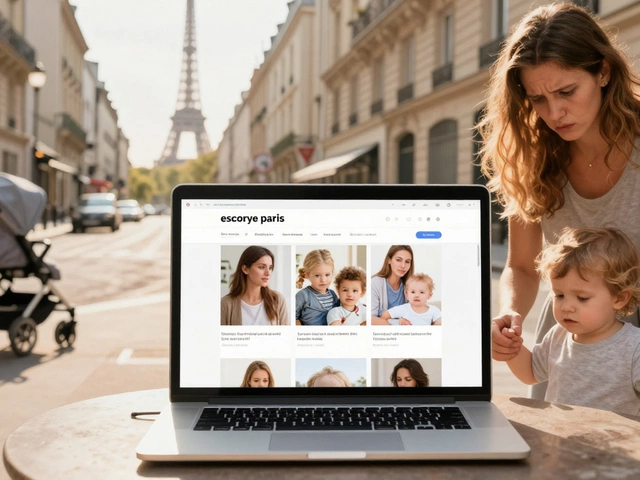The Origins of the "Fake News" Narrative
Let's start by going back to the origins of the term "fake news." It was first popularized during the 2016 Presidential election cycle, when Donald Trump, then a candidate, began referring to mainstream media outlets, including CNN, as purveyors of "fake news." The term quickly caught on among his supporters and has since been used as a catch-all phrase to describe any news or information that is perceived to be biased or false.
It's important to note that the term "fake news" is not used only by Trump supporters. It has been adopted by people of all political persuasions to dismiss or discredit news they disagree with. However, it is Trump and his supporters who have most consistently applied the label to CNN.
The Perception of Media Bias
One of the reasons why Trump supporters often label CNN as "fake news" is the perception of media bias. Many Trump supporters feel that CNN, along with other mainstream media outlets, are biased against Trump and conservative viewpoints in general. This perception is largely fueled by Trump himself, who has often accused the network of being unfair to him.
Whether or not this perception of bias is rooted in reality is a matter of debate. It's worth noting, however, that studies have shown that viewers' perceptions of media bias often reflect their own political beliefs more than they do any objective measure of bias.
CNN's Reporting on Trump
The way CNN has reported on Trump and his administration is another factor that has contributed to the perception of the network as "fake news" among his supporters. Throughout Trump's presidency, CNN has been one of his most vocal critics, frequently calling out his false statements and controversial policies.
For Trump supporters, this critical coverage is often seen as evidence of bias. They argue that CNN is not giving Trump a fair shake, and that its coverage is designed to undermine his presidency. This, in turn, has led many Trump supporters to label the network as "fake news."
The Role of Social Media
Social media has played a significant role in perpetuating the idea that CNN is "fake news." On platforms like Twitter and Facebook, Trump and his supporters have shared countless posts and memes labeling CNN as "fake news," often without providing any concrete evidence to back up these claims.
This has created a sort of echo chamber, where the idea that CNN is "fake news" is reinforced by the constant repetition of the claim. This, in turn, has helped to solidify the belief among many Trump supporters that CNN cannot be trusted.
Moving Beyond the "Fake News" Label
Ultimately, the belief among Trump supporters that CNN is "fake news" is a complex issue that can't be boiled down to a single cause. It's a combination of perceived media bias, dissatisfaction with CNN's coverage of Trump, and the influence of social media.
Regardless of where you stand on the issue, it's clear that the "fake news" label is here to stay. As consumers of news, it's up to us to critically evaluate the information we consume, and to seek out a variety of sources in order to get a more complete picture of the world.



